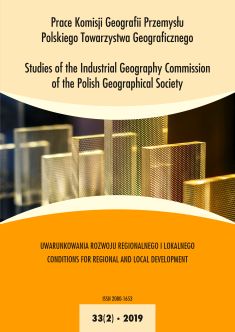Adult Education as a Factor Increasing the Innovativeness of European Union Countries
Adult Education as a Factor Increasing the Innovativeness of European Union Countries
Author(s): Grażyna WęgrzynSubject(s): Adult Education
Published by: Wydawnictwo Uniwersytetu Komisji Edukacji Narodowej w Krakowie
Keywords: adult education; formal education; innovativeness; non-formal education
Summary/Abstract: The concept of a knowledge-based economy assumes that knowledge is the main factor of socio- economic development and the formation of new economic structures. Knowledge is necessary to generate and implement innovations in their broad sense. Knowledge acquired as a result of formal education quickly becomes outdated or insufficient, hence the need for continuous learning. Continuing education includes all the forms of learning that are pursued subsequent to the completion of initial education and training. It is implemented in three forms: formal, semi-formal and informal. The aim of the study is to verify whether the growing popularity of continuing education in the EU member countries is reflected by changes in the level of innovation. The methods used to achieve the study goal included critical review of literature, analysis of the existing statistical data and comparative analysis. The continuing semi-formal and informal education implemented in the form of training sessions and courses that lead to obtaining qualifications recognised within the specific institution (workplace, organisation, etc.) is an important factor determining the level of innovation in the economy. Countries where a significant proportion of labour force is involved in lifelong learning achieve a higher level of innovation than those where this aspect of educational activity is undervalued.
Journal: Prace Komisji Geografii Przemysłu Polskiego Towarzystwa Geograficznego
- Issue Year: 33/2019
- Issue No: 2
- Page Range: 18-30
- Page Count: 13
- Language: English

